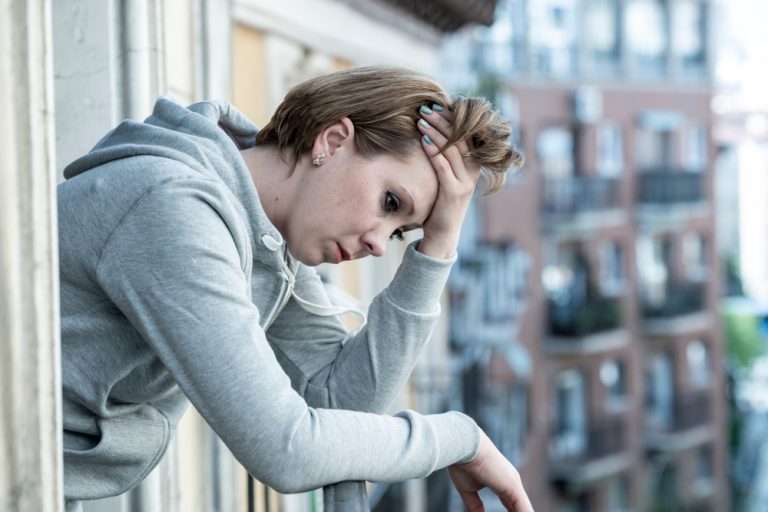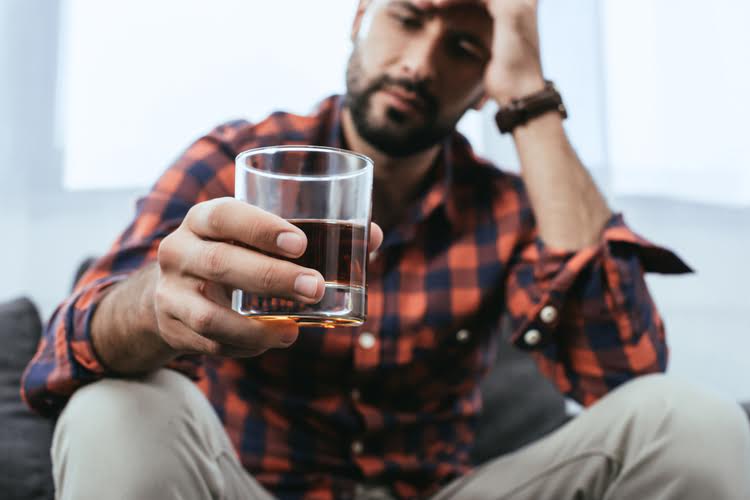The duration of a cocaine hangover will depend on the individual; some people will be back to normal in just a few hours, while others might be impacted for a day. Generally, it can last anywhere between a couple of hours and several days. Using cocaine together with other drugs, e.g., alcohol, can impact the duration of the hangover. While reaching for another drink the next morning might make you feel better for a hot minute, it’s a total trap, not a real solution. Your body still has to metabolize all the alcohol from the night before, and piling more on top only delays the recovery process and adds more stress to your liver. If you’re looking for a full rundown of smart drinking habits, our guide on how to prevent a hangover before drinking has all the expert tips you need.
Is Addiction Neurodivergent?
When you actively manage your hydration and drinking pace, you stay in control and slash your odds of waking up with that all-too-familiar, regret-filled headache. If you want to dive deeper into a full recovery plan, our guide on how to cure a hangover fast with science-backed tips has even more great advice. Several different factors can play a role in how long your hangover lasts. She is a mom to three daughters and lives in the Boston suburbs. “Pain relievers like acetaminophen, antidepressants, cholesterol medication, and blood how long can a hangover last? pressure medications are ones you want to be especially careful with,” says Dr. Cox. Lots of people have sensitivities to certain food or chemicals they don’t even know about.
Are there any legit quick and effective hangover treatments?

Start your recovery journey with peace of mind, knowing your care is covered. Certain medications and home remedies might help you feel better. While you wait for your hangover to end, try to rest and drink plenty of hydrating fluids. Alcohol can irritate the stomach lining, causing acid release and inflammation.
- When hangovers become more frequent, or if you notice you are unable to control how much you drink, you may be suffering from alcohol use disorder (AUD).
- If you find yourself frequently experiencing severe hangovers or struggling to control your alcohol consumption, it may be a sign of a more serious problem.
- According to a recent study, the average duration of an alcohol hangover is 18 hours after stopping drinking or 12 hours after waking up.4 However, several factors influence this timeline.
- You may feel drunk after drinking even a small amount of alcohol.
Reach Out to Catalina to Discuss Treatment Options Today
- Importantly, though, knowing how to get help if you need it can keep you safe.
- You might feel worse when you first wake up, but symptoms can continue or even intensify throughout the day as your body works to eliminate the toxins from alcohol.
- Alcohol has a wide range of effects on your body, many of which contribute to hangover symptoms.
The onset of symptoms from a weed hangover depends on whether you https://afiliatealimss.com/portal/everything-you-need-to-know-about-alcoholism/ were smoking weed or consuming cannabis edibles. Smoking cannabis has a faster onset and fades faster, with effects starting soon after smoking and lasting about 30 minutes to an hour. Mixing weed use with alcohol or other drugs, failing to be hydrated or eat a balanced diet, and not sleeping enough can also contribute to the after-effects you feel from a weed hangover. Weed hangovers are more common when consuming an excessive amount of edibles, compared to smoking marijuana. However, it can happen any time that you go too far beyond your body’s natural tolerance for cannabis use. And, you don’t necessarily have to drink every day in order for it to be a problem.

Supporting Your Body with Hydration and Nutrition
Many factors affect how likely you are to develop a hangover after drinking. For example, using other drugs alongside alcohol, such as marijuana, cocaine, nicotine, or other intoxicants, can contribute to bad hangover symptoms. Additionally, people who have a family history of alcoholism have a risk for increased hangover symptoms compared with drinkers who have no family history of alcoholism. Although many remedies for alleviating hangovers are mentioned on the web and in social media, none have been scientifically proven to be effective. There is no magic potion for beating hangovers—and only time can help.
Factors influencing hangover duration include the amount and type of alcohol consumed, hydration levels, sleep quality, and individual tolerance. Drinks with congeners, like red wine and dark spirits, can cause worse hangovers. These symptoms occur because the brain and body have adapted to functioning with alcohol present and struggle to adapt when it’s absent from the bloodstream. This tolerance and length can vary, but generally, these signs and symptoms of withdrawal begin hours after the last drink.
How much alcohol does it take to get a hangover?
A shower—no matter how good it feels—won’t cure your hangover or speed up your body’s alcohol metabolism. Over time, increased tolerance, addiction, and alcohol withdrawal symptoms all boil down to the way alcohol messes with your brain’s chemistry. But the good news is, your brain is plastic and can recover once you stop drinking.

If you are worried about medication interactions, be sure to consult with your healthcare provider. Importantly, though, knowing how to get help if you need it can keep you safe. It can also ease the path for long-term alcohol recovery so you can enjoy many alcoholism more holidays with family and friends in the years to come. While most people have their own special recipe to cure a hangover, there’s no specific combination supported by the medical community. However, these eight tips to stop your hangover could help relieve suffering faster. No two bodies are the same, and everyone tolerates alcohol differently depending on a variety of factors, such as age, size and life experience.
In most people, the body breaks down acetaldehyde before it causes problems. But it can cause inflammation in organs, leading to uncomfortable symptoms. Hangovers are very common in people who consume too much alcohol. In one study, researchers found that about 75% of people who drank excessively the night before reported hangover symptoms. The researchers concluded that 25% to 30% of people who drink may be resistant to hangovers.